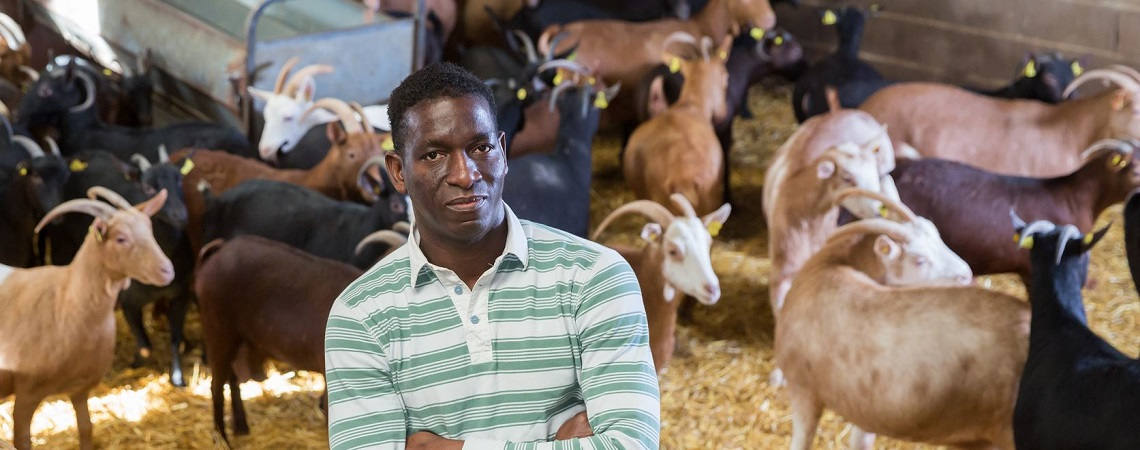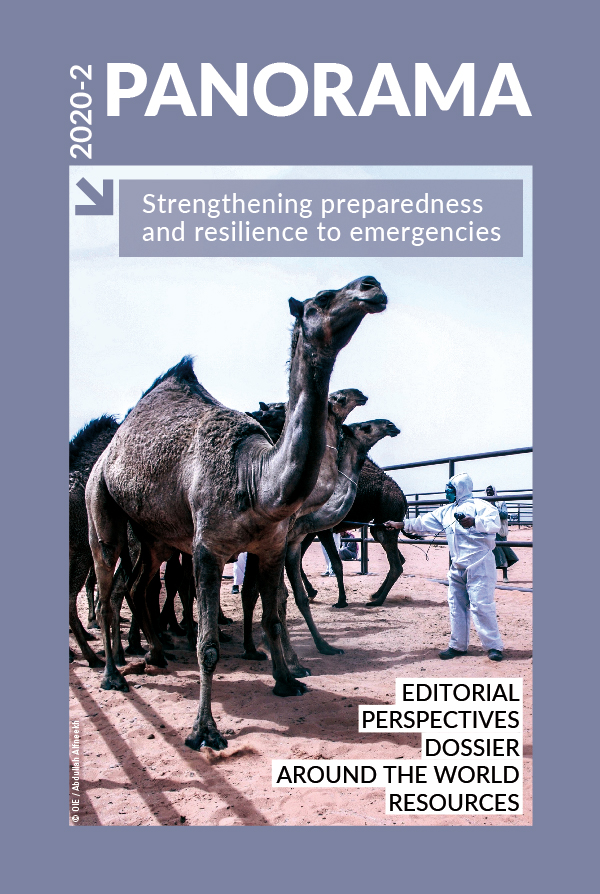Perspectives Posted on 2021-03-08 14:57:44
Opinions and strategies
Does insurance/reinsurance have a role in mobilising resources in lower-resource settings?
Keywords
Authors
G. Hutchings (1)* & J. Drakeford (1)
(1) DH AgRisk Services Ltd, Essex House, 39-41 High Street, Great Dunmow, Essex, CM6 1AE, United Kingdom.
* Corresponding author: gary.hutchings@dhagrisk.com
The designations and denominations employed and the presentation of the material in this article do not imply the expression of any opinion whatsoever on the part of the OIE concerning the legal status of any country, territory, city or area or of its authorities, or concerning the delimitation of its frontiers and boundaries.
The views expressed in this article are solely the responsibility of the author(s). The mention of specific companies or products of manufacturers, whether or not these have been patented, does not imply that these have been endorsed or recommended by the OIE in preference to others of a similar nature that are not mentioned.
Outbreaks of serious disease are rare but, when they do occur, they can affect large sections of the industry and result in significant losses. Insurance companies usually buy reinsurance against these large loss events to protect their balance sheets.
The challenges involved for an insurance company to provide effective, affordable and sustainable insurance against an animal disease are significant, particularly in an environment of low resources. One such challenge is the producer’s ability to pay the premium when incomes and margins are low. This is often where the government can help through directly or indirectly subsidising premiums. Perhaps the greatest challenge is the ability to create a good insurance product in such an environment. A lack of credible data to quantify risk, limited or no infrastructure to administer and deliver an insurance programme, an unskilled workforce, and limited access to capital are just a few of the challenges that face insurers in these circumstances.
An effective insurance programme improves the preparedness and resilience of the industry in the event of an animal disease outbreak
Notwithstanding such obstacles, the introduction of an effective insurance programme can result in many benefits. Apart from protecting against unpredictable loss, the mere existence of a programme can lead to significant changes in the industries involved. As producers begin to understand risk, the insurer can mandate change to reduce and mitigate it. Changes such as improved biosecurity and responsible animal management will, in turn, improve herd health. Over time this collective responsibility will lead to improvements in the risk profile of the industry. This not only reduces the probability of a disease event occurring, but it will reduce its volatility if an event does occur. Both key attributes will lead to reduced premiums and improved coverage.
As a further and very important benefit of making material changes to the way that farmers manage risk, an effective insurance programme will, in itself, improve the preparedness and resilience of the industry in the event of an animal disease outbreak.
| DH AgRisk Services Ltd in The Parliamentary Review |
http://dx.doi.org/10.20506/bull.2020.2.3146












